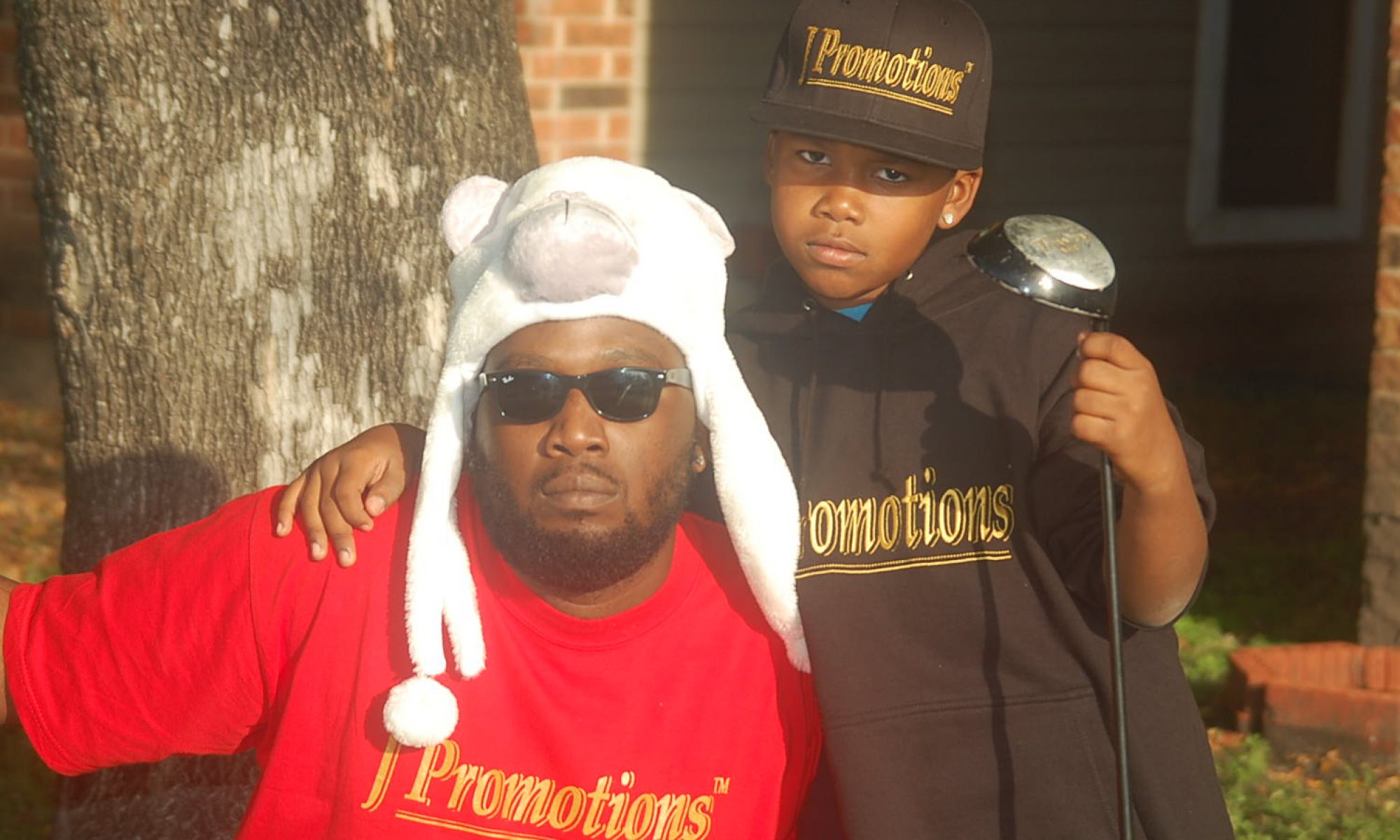function onPlayerReadyVidible(e){‘undefined’!=typeof HPTrack&&HPTrack.Vid.Vidible_track(e)}!function(e,i){if(e.vdb_Player){if(‘object’==typeof commercial_video){var a=”,o=’m.fwsitesection=’+commercial_video.site_and_category;if(a+=o,commercial_video[‘package’]){var c=’&m.fwkeyvalues=sponsorship%3D’+commercial_video[‘package’];a+=c}e.setAttribute(‘vdb_params’,a)}i(e.vdb_Player)}else{var t=arguments.callee;setTimeout(function(){t(e,i)},0)}}(document.getElementById(‘vidible_1’),onPlayerReadyVidible);
Food banks across the country have been noticing a trend since President Donald Trump was inaugurated in January.
In recent weeks, outlets including the Washington Post, The Nation and NPR have reported that outreach workers and enrollment assistants who help eligible immigrants enroll in the Supplemental Nutrition Assistance Program, or SNAP, say immigrants are canceling their benefits because they fear their participation could flag them for deportation.
Such fears appear to stem primarily from a leaked draft of an executive order saying immigrants living in the United States could be deported if it is determined they rely on some form of public assistance — like food stamps.
It is important to note, however, that no law has changed — and the official guidance of the U.S. Department of Agriculture, the agency that oversees SNAP, remains that there are no immigration consequences linked with participation in the program.
Still, that hasn’t stopped some conservatives from applauding the news. One conservative news outlet called the news “excellent!”
Jackie Vimo, a policy analyst at the National Immigration Law Center, said her organization has been fielding calls from organizations across the country on the issue of SNAP benefits and deportation fears in light of recent reports.
Vimo described celebratory reactions to these reports as xenophobic and reflective of the misinformation that persists regarding who legally qualifies for SNAP benefits and who doesn’t.
“The idea that people would be celebrating children going hungry because they feel like an outsider in their country is baffling to me,” Vimo said Tuesday. “These [immigrant] families are a part of our American communities, and an attack on them is an attack on communities as a whole.”
Below are some facts on immigrants and SNAP.
Undocumented immigrants cannot use SNAP.
According to the strict requirements for the program laid out in detail by the USDA, undocumented immigrants are not eligible to receive SNAP benefits.
Even immigrants living in the United States as lawful permanent residents (aka green card holders) must live in the country for five years before they qualify for the program, though some states — like California and Minnesota — run their own state-funded food assistance programs that have slightly different eligibility requirements.
Children of non-citizens are SNAP-eligible, however, as are certain groups of refugees and asylees — such as victims of trafficking. Altogether, according to the most recent data from the USDA, only about 4 percent of SNAP recipients are either refugees or other types of non-citizens.
SNAP-eligible immigrants already face barriers.
Research has shown that SNAP-eligible immigrants participate in the program at a rate markedly lower than native-born SNAP-eligible individuals.
According to a 2013 USDA analysis, only about 56 percent of SNAP-eligible immigrants participate in the program, much lower than the overall participation rate of 72 percent.
That lower participation rate has many causes. Among those cited in the same USDA analysis were language or cultural barriers to accessing benefits, a lack of awareness that they are eligible for benefits in the first place, anxiety that participating in SNAP could hurt their chances to naturalize at a later date or fear of government in general.
The fear has been there for a long time and what we’re seeing in the media is only increasing that fear.”
Shannon Maynard, Congressional Hunger Center executive director
The anti-immigration rhetoric coming from Washington of late could be adding another layer of anxiety to anxieties that were already there to begin with, Shannon Maynard, executive director of the Congressional Hunger Center, a nonprofit anti-hunger group, told HuffPost.
“The fear has been there for a long time and what we’re seeing in the media is only increasing that fear,” Maynard said. “I can empathize with folks being concerned in this political climate with signing up for SNAP.”
Immigrant families have higher rates of hunger.
The likely result of all this, advocates say, is increased food insecurity — defined by the USDA as reduced food intake, disrupted eating patterns and/or reduced quality or variety of diet — among communities already dealing with heightened rates of hunger.
And that would hurt citizen children of immigrant parents — an estimated 8.7 percent of SNAP recipients — particularly hard. These children are already more likely than children of native-born parents to be low-income and struggling to put food on the table.
“If the motivation behind this executive order is to save money, that’s a really short-sighted goal,” Maynard added. “The children will suffer and go without, and it will cost much more both morally and financially.”
Estimates of food insecurity in immigrant communities have varied widely, mostly between about 30 percent and 60 percent, but some estimates — as high as 80 percent — have been documented among farmworkers in the Southwest.
“I really hope this isn’t the new normal.”
And that impact could be felt beyond immigrants’ participation in SNAP.
Christine Melendez Ashley, deputy director of government relations at Bread for the World, another anti-hunger nonprofit, told HuffPost her organization has received word that some immigrant children are skipping school altogether due to deportation fears. Some news outlets have reported similar incidents in recent weeks.
If those children are participants in free school breakfast and school lunch programs, that means they might not be getting those meals at home.
“This anecdotal evidence is definitely concerning given what we know about food insecurity among immigrant families,” Melendez Ashley said. “I really hope this isn’t the new normal.”
type=type=RelatedArticlesblockTitle=Related… + articlesList=58c0813fe4b0ed718269ade8,58cac50fe4b00705db4d1364,587e757be4b0cf0ae88068fe
―-
Joseph Erbentraut covers promising innovations and challenges in the areas of food, water, agriculture and our climate. Follow Erbentraut on Twitter at @robojojo. Tips? Email joseph.erbentraut@huffingtonpost.com.
— This feed and its contents are the property of The Huffington Post, and use is subject to our terms. It may be used for personal consumption, but may not be distributed on a website.
Source: HuffPost Black Voices
